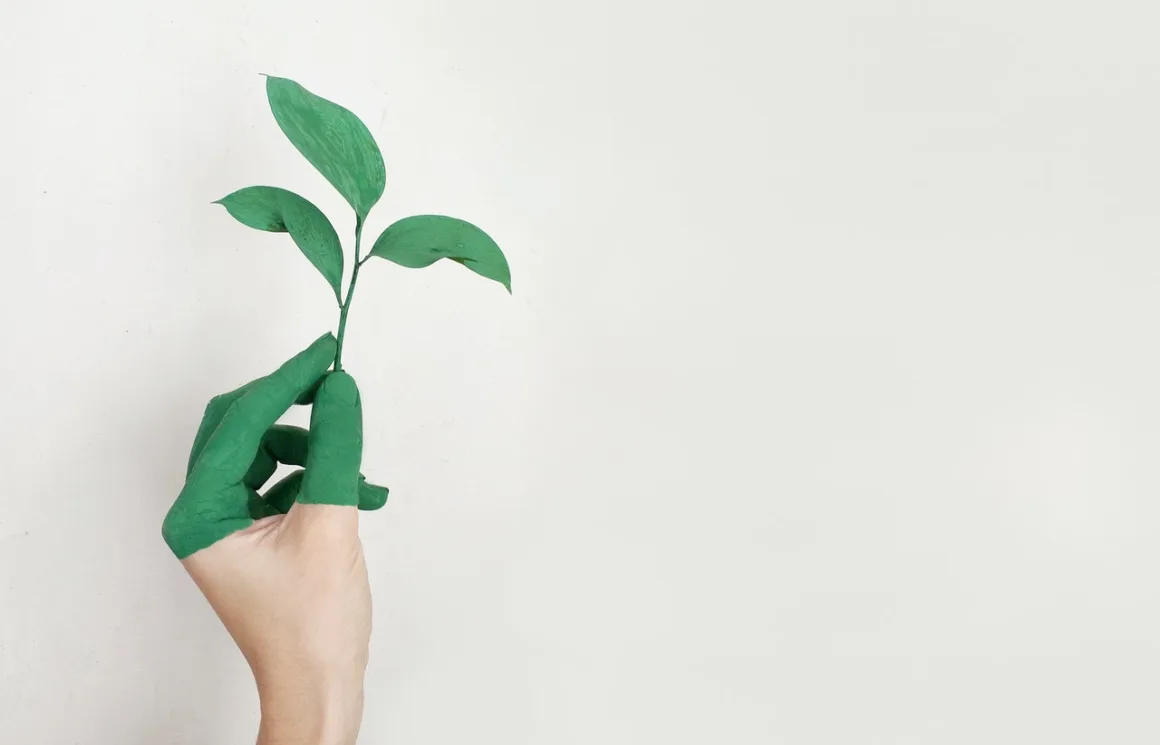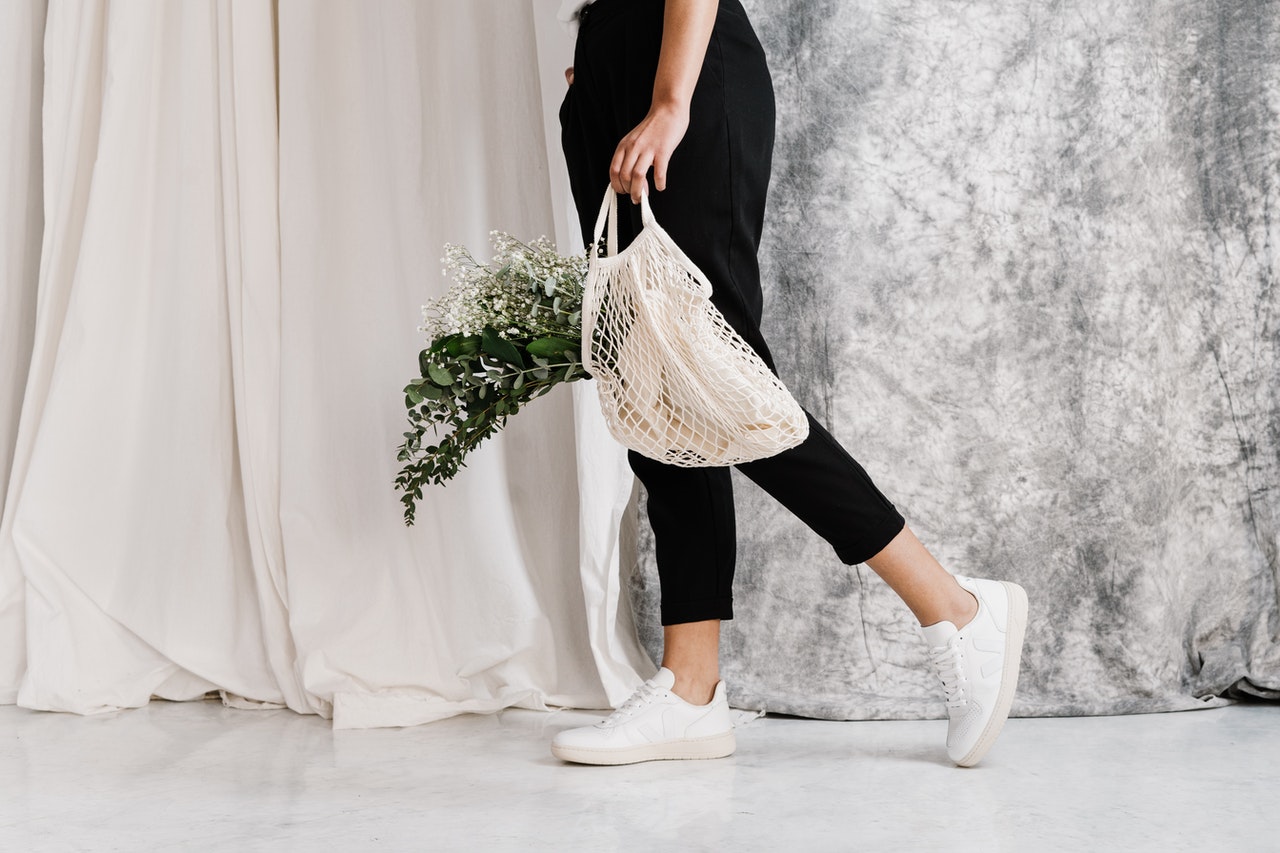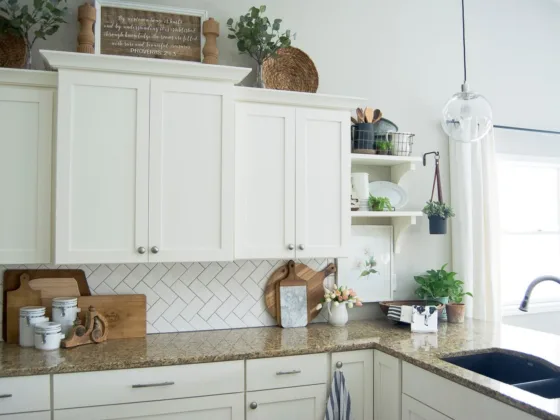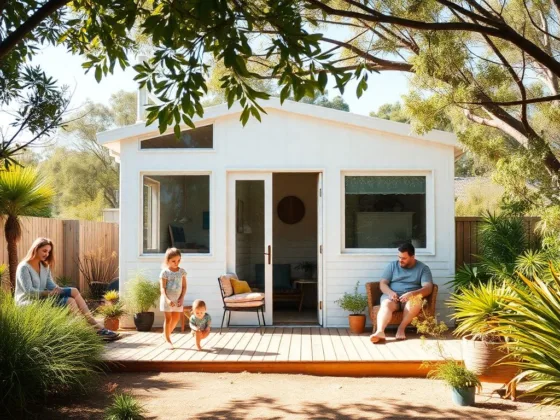The average person generates around 5 pounds of waste per day. The majority of the waste discarded around the world is composed of different products that we use.
Studies show that most of the things we buy are thrown away within six months, and only a fraction of that trash is recyclable. The impact of all this accumulated waste on our planet is almost irreversible.
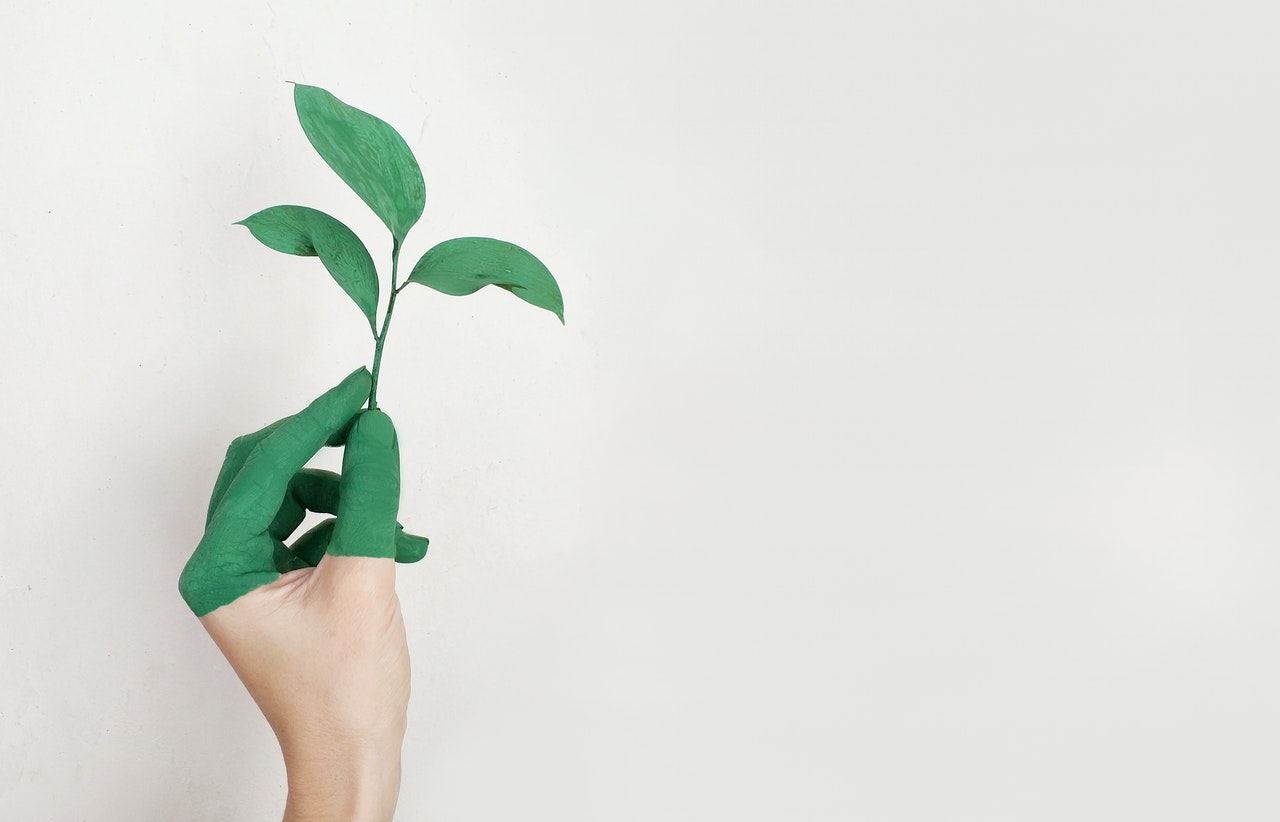
Without a collective effort, bringing about a conscious change to preserve our planet is not possible.
Countries like Sweden should serve as an inspiration for other countries worldwide; it recycles an astounding 99% of the locally produced waste.
To help preserve the environment, you can do your part by adopting a zero-waste lifestyle. This article will guide you through simple and effective ways to adopt a zero-waste lifestyle.
Stop Buying Plastic Water Bottles
You must have seen trash cans and garbage trucks loaded up to the brim, with countless plastic water bottles in sight.
Isn’t it smarter to buy just one water bottle made of glass or steel, instead of buying a plastic water bottle every day you go out?
Glass or metal bottles last a lot longer and honestly look cooler than plastic bottles to carry around.
Carry Reusable Bags
Plastic bags make up a large chunk of our contribution to waste pollution. Their disposable nature has seen widespread usage and has gravely impacted our environment.
One way to save our ecosystem from the impending danger is to switch to reusable bags made out of cloth. You can make one at home yourself, or order a bag of your preferred size or style online.
Buy Multipurpose Products
A conscious introspection into our lifestyles will reveal that we tend to use a variety of different products every day.
You can opt for recyclable products, smartly choose multipurpose products, or read more to find eco-friendly products. Take a look at the products you use at home and see if there is a way to replace them with eco-friendly, multi-purpose alternatives.
From sunscreen to deodorants, you can find zero-waste, plastic-free alternatives if you take the time to do a little research.
Furthermore, most of us have a number of products in our bathrooms that serve different purposes.
You can buy a single product that works as a face cleanser, body wash, and shampoo to reduce the number of used products you throw in the trash every year. Your choices will go a long way in improving our environment.
Avoid Disposables
Avoid using plastic cups, plates, or glasses when the job can be done by utensils made of reusable material.
You can carry your coffee in a small thermos cup instead of using plastic mugs.
Likewise, if you’re hosting a house party, think if disposable glasses and plates are really necessary. A conscious effort to curb plastic usage will go a long way.
Opt for Online Newspapers & Magazines
In this digital era, you can afford to stop buying hard copies of newspapers and magazines.
Newspapers may be biodegradable, but they still cause clutter in our environment. Imagine the number of trees being cut to produce raw paper.
It is fairly simple to subscribe to news and editorials online, or you can follow them on Twitter to get the latest updates instantly.
Say No to Towels, Baby Diapers, & Face Wipes
Most of us use paper towels in our day-to-day lives. If there’s a baby in the house, you surely have a stock of factory-made plastic diapers.
And who doesn’t like the freshness after using a face-wipe? These are some things that give rise to a lot of waste every year.
So instead of using a paper towel, use one made of cloth.
Replace the plastic diapers with homemade nappies like the good old times. And carrying a handkerchief instead of face wipes is far gentler for our nature.
Buy in Bulk
If you ever compare the cost of buying things in bulk with buying things in smaller quantities, you’ll know that bulk buying is a cost-effective option.
It saves you from making repeated trips to the supermarket, but most importantly reduces the number of products used.
Buying cereals, grains, or other slow perishing food items in bulk will cost you less, and lessen the waste quantity.
Opt for Organic Disposables
Most of the products in our homes are used in our kitchens and bathrooms. If you’ve got no option other than to use disposables then organic disposables are the way to go.
Not only cups and plates, but you can also find yourself biodegradable trays, organic sanitary pads, leaf-petal plates, bowls, and even forks.
This way you can ascertain that no waste goes to landfills or incinerators from your side.
Reuse
All of us should inculcate the habit of reusing anything and everything that we can. Getting the best out of the water requires a little thoughtfulness, but is definitely doable.
Something that you used for one purpose can be used to accomplish another task.
For example, old clothes can be turned into rugs or mats, toothbrushes can be used to clean tough spots, and damaged electrical cables can be used to hang clothes. Before you discard anything, think about whether it can be reused in any way.
Buy Only What You Need
Quite often we are tempted into buying things out of compulsion even when we know it can be avoided. If you think about it, packaged foods and drinks can be replaced by fresh homemade consumables.
Juices, for example, can be made in a juicer at home within minutes, instead of buying a tetra pack from the market.
Take a look at your home and decide what is it that you need to buy. A person’s mentality can make a lot of difference in their contribution to the environment.
Leading a zero-waste lifestyle means making a conscious effort to prevent waste, and we should all encourage each other to adopt this set of principles.
Let us all do our part and reduce the amount of garbage dumped in landfills, burnt in incinerators, or discarded into our oceans.
In an ideal zero-waste world, materials will be recycled and reused in the most optimal way to utilize them to their full capacity.
